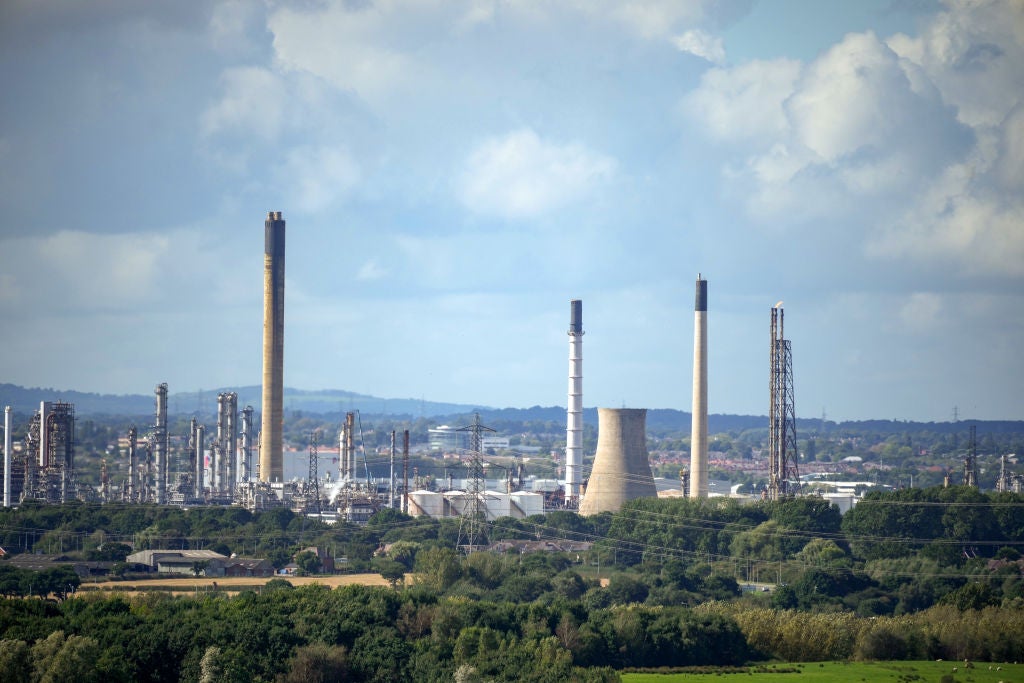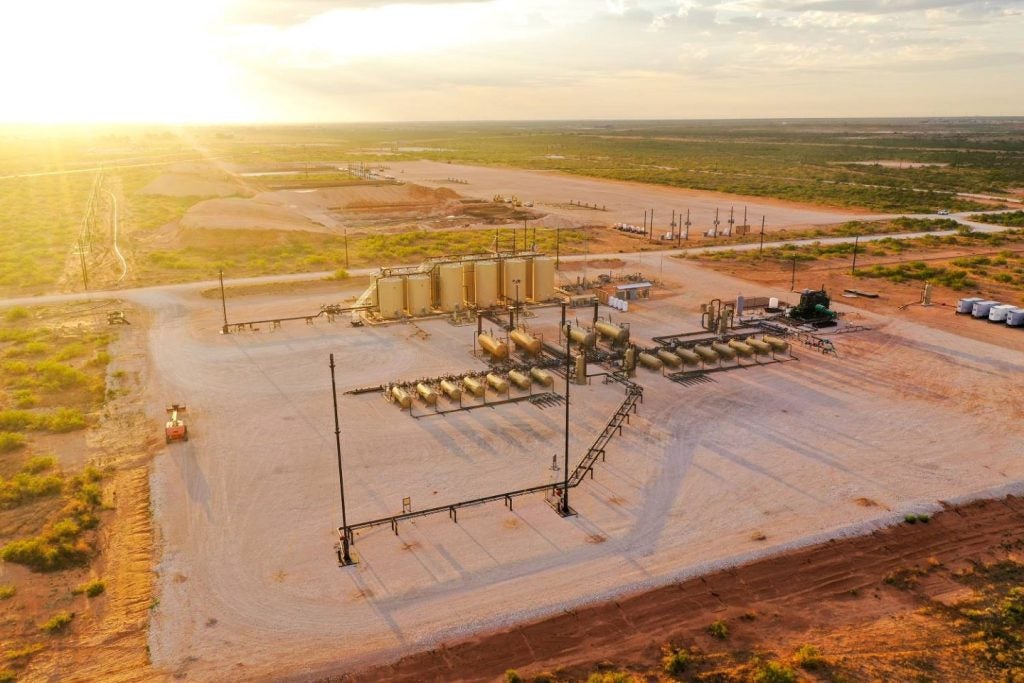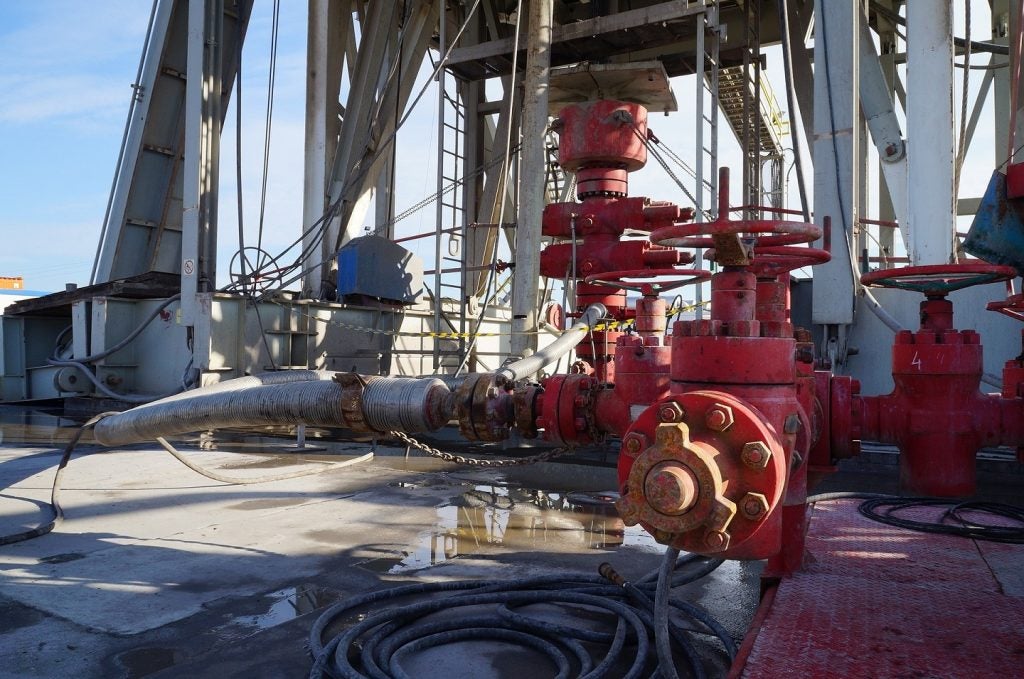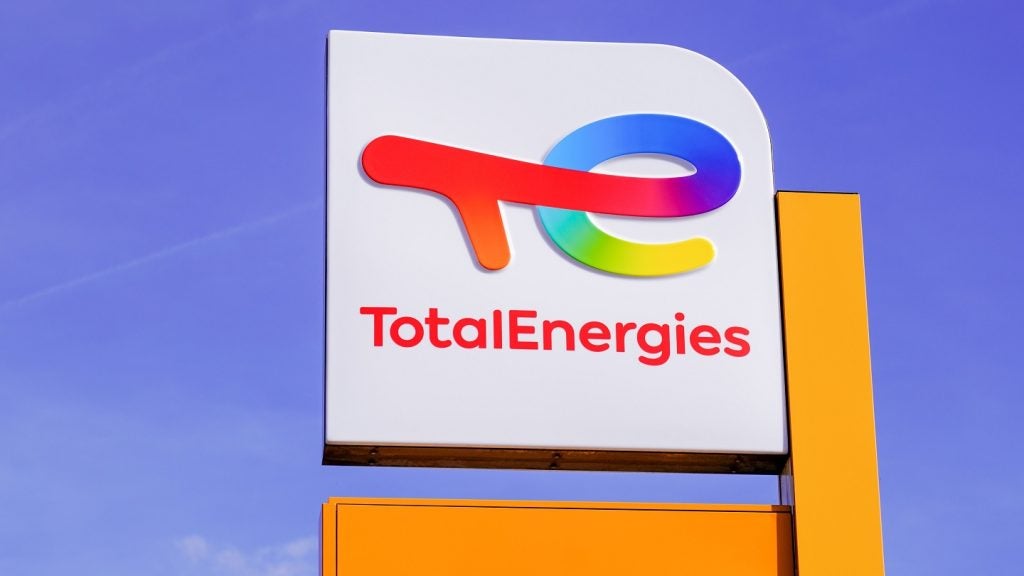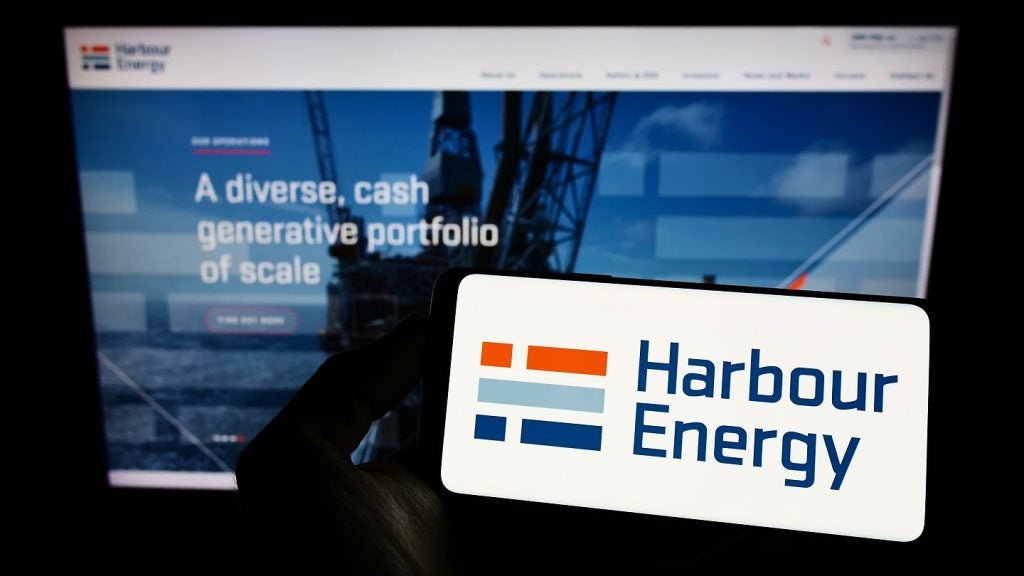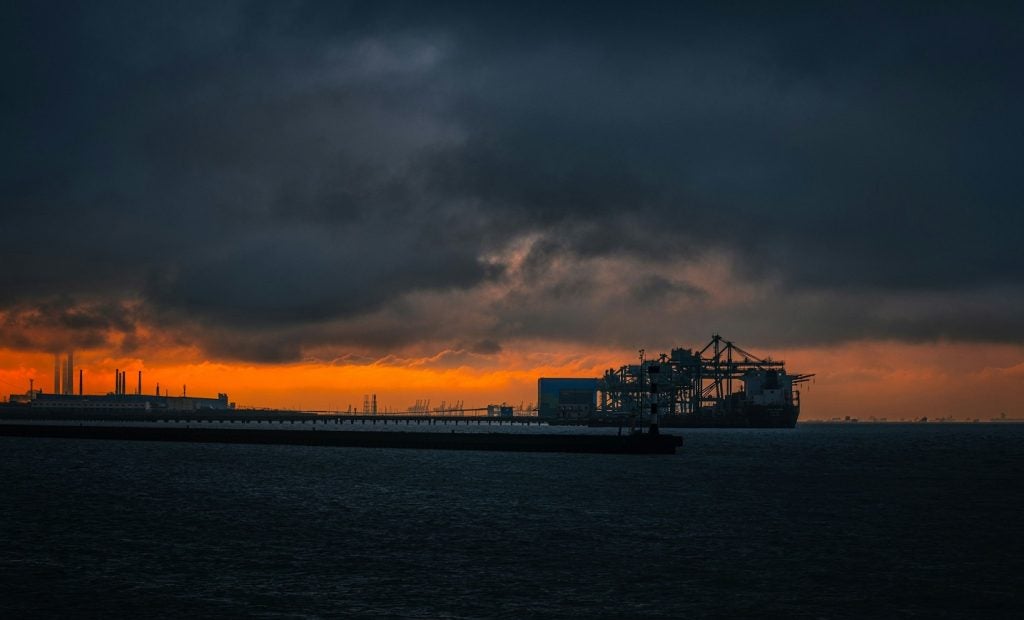The UK Government has backed plans to build the UK’s first industrial-scale hydrogen plant at the huge Stanlow oil refinery in the country’s North West.
The refinery in Ellesmere, Cheshire, currently produces approximately 16% of the UK’s diesel and petrol and nearly ten billion litres of jet fuel per year.
Refined fuels company EET Fuels, the owner of the refinery, said on Thursday the Department for Energy Security and Net Zero has agreed to enter final negotiations for the funding and development of its flagship HPP1 hydrogen plant, with a final decision expected later this year.
If negotiations with the government are successful, construction of the £1bn (£791.447m) plant is slated to begin at the end of this year, with an initial hydrogen production capacity of 350MW per year.
However, the plant won’t produce green hydrogen, which is made by powering electrolysis with renewable energy sources. EET said it will convert gas into hydrogen, which will then be used to power its own operations at the Stanlow refinery as well as businesses across the region.
The company also said the plant will capture approximately 600,000 tonnes of carbon dioxide a year to offset pollution produced from making blue hydrogen, which remains a carbon-intensive process.
Lord Callanan, Minister for Energy Efficiency and Green Finance, said of the project: “By moving into final negotiations with the Ellesmere project, we are working to deliver our ambition of up to 10GW of low-carbon hydrogen production capacity, in an industry expected to support up to 12,000 jobs by 2030.”
The development of a UK hydrogen sector is key to the government’s decarbonisation plans. The government has said it will back the Ellesmere project as part of its £20bn funding scheme for carbon capture and hydrogen, announced by Chancellor Jeremy Hunt last spring.
Environmental campaign groups and energy bodies have criticised the production of hydrogen from fossil fuels as well as its use to refine more fossil fuels. In September last year, the Institute for Energy Economics and Financial Analysis called the fuel “clean in theory but not in reality,” adding that it is not a solution to the global climate crisis.
Tony Fountain, managing partner of EET, said the company wants to build the biggest hydrogen facility in the country. “Scaling hydrogen capacity is essential to decarbonising heavy industries. This is an important step in our ambitious decarbonisation plan to transform our business and the North West.
“We appreciate the government’s partnership, which will contribute to protecting skilled jobs in the region and ensuring our industries remain competitive,” he added.
A spokesman for EET Fuels told the Telegraph that the first low-carbon hydrogen plant could be followed by a second much larger one that would supply industries across the region. “We hope it will provide a platform to build the hydrogen economy in the North West and further decarbonise operations at Stanlow,” he said.


